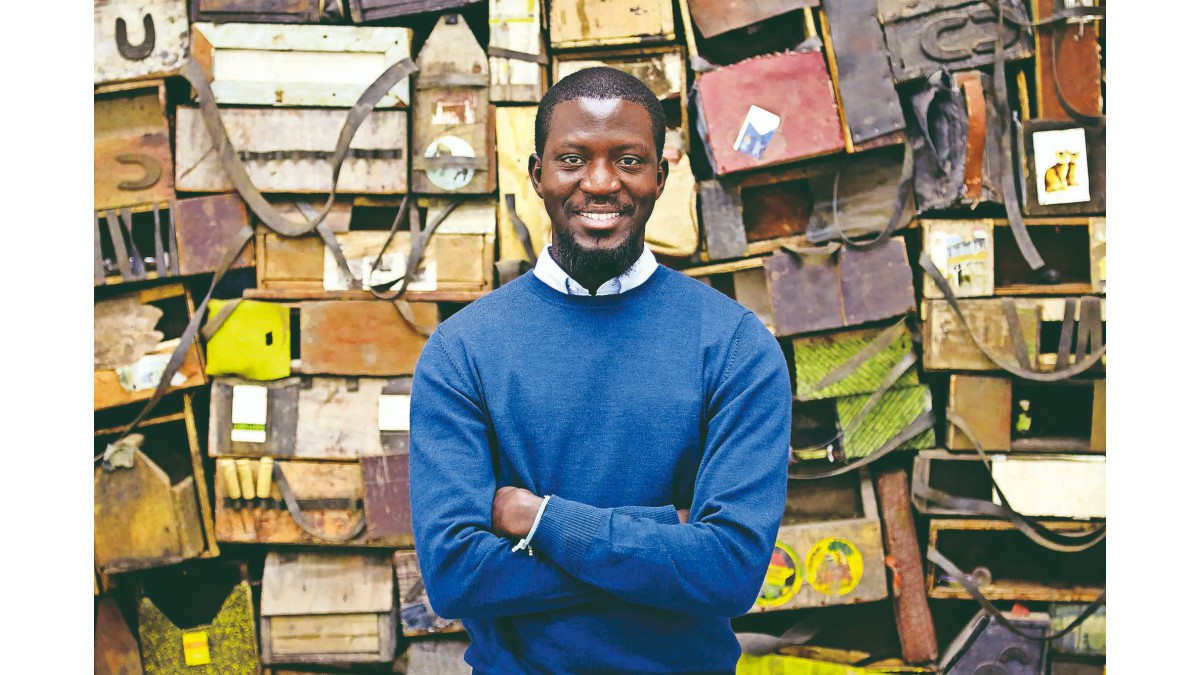It is not uncommon to stumble upon pictures and vlogs of children on social media, generally shared by parents. However, there is sharing and then there is over-sharing, which leads to what is called sharenting, an act wherein parents over-share aspects, at times intimate, of their children’s lives online. As per a 2018 report from the Office of the Children’s Commissioner of England, by the time children turn 13, their parents have had posted around 1,300 pictures and videos of them online. The act has only grown since then, leading to the term sharenting being included in the Oxford English Dictionary in June last year. Reports suggest the Covid pandemic led to a considerable rise in sharenting.
Although parents might think it is a harmless act, the reality is far from truth. Not only does this invite unwanted gaze, and often scrutiny, the pictures and videos can be misused digitally and even make their way into the hands of digital paedophiles. It is not only the pictures and videos, but crucial data, such as name, residence, age, etc, can also fall into the hands of fraudsters. Cyber crime can be another ill repercussion of the act.
Identity theft is another issue. A 2018 report by Barclays says by 2030, sharenting by millennial parents could lead to identity fraud, which could cost a whopping $900 million per year in damages. The bank went on to add that parents sharenting are often “lulled into a false sense of security”.
Then there is the question of consent. As children are in no position to give consent to be shared online, it is up to the parents to be mindful of the digital footprint involving their children. Just thinking of how those kids, once they grow up, would feel looking at such content, can make a difference. A 2019 study found that adolescents were largely disapproving of sharenting. Their most common reaction towards sharenting was that the act is “embarrassing and useless”, the
study found. Crucial here is to talk about consent.
Children are in no position to give their consent for their lives to be shared online, hence, it is for the parents to realise the long-term representations that sharenting can have. And these representations can be severe. For example, social media comparison, not by children but parents, which can make them to push their kids even more, hampering their well-being. Once grown up, the children can also fall into the vicious space of seeking validation online. Comparison with other sharented kids is another peril this harmless-looking act can lead to.
Author Leah Plunkett has written a book on sharenting titled Sharenthood: Why We Should Think Before We Talk about Our Kids Online. In a conversation with a media house, she said, “We should think before we talk about our kids online, because all children deserve a private space to play, to make mischief, even make a few mistakes and grow up better for having made them.”
Evidently, sharenting can cause harm. So why do parents do it, and reduce their kids and crucial memories to social media content? There can be several reasons. One, they are proud of their kids and want to share their kids’ milestones online. Showing off their children can be another reason. Then there is archiving memories. However, some have even made it a source of income.
Here it needs to be noted there are circumstances when sharenting can be good. There are several Instagram pages and YouTube channels, where parents talk about critical diseases or disabilities their children suffer from. This often paves the way for community building, allowing similar parents and kids to feel they are not alone. It can also offer crucial information of what the course of treatment or management can be.
However, there is very little good that can come from sharenting. Being cautious and mindful can protect one’s kids from trouble. Not just parents, it is important to take consent of the parents before anyone posts a child’s picture online. And parents should also be mindful of the online activity involving their children.
Interestingly, there are social media features that can allow you to share your kids’ lives while at the same time protecting them from any trouble. For example, Instagram has a close friends option, which can restrict the content to be viewed by the people you want. You can also keep you profile private. If not private, you can consider hiding the kid’s face. Also, avoid tagging the location at least until you are not out of the place.
France warrants a mention here. French lawmakers, earlier this year, approved a new legislation on sharenting, under which parents would be prohibited from sharing children’s images without their consent.







